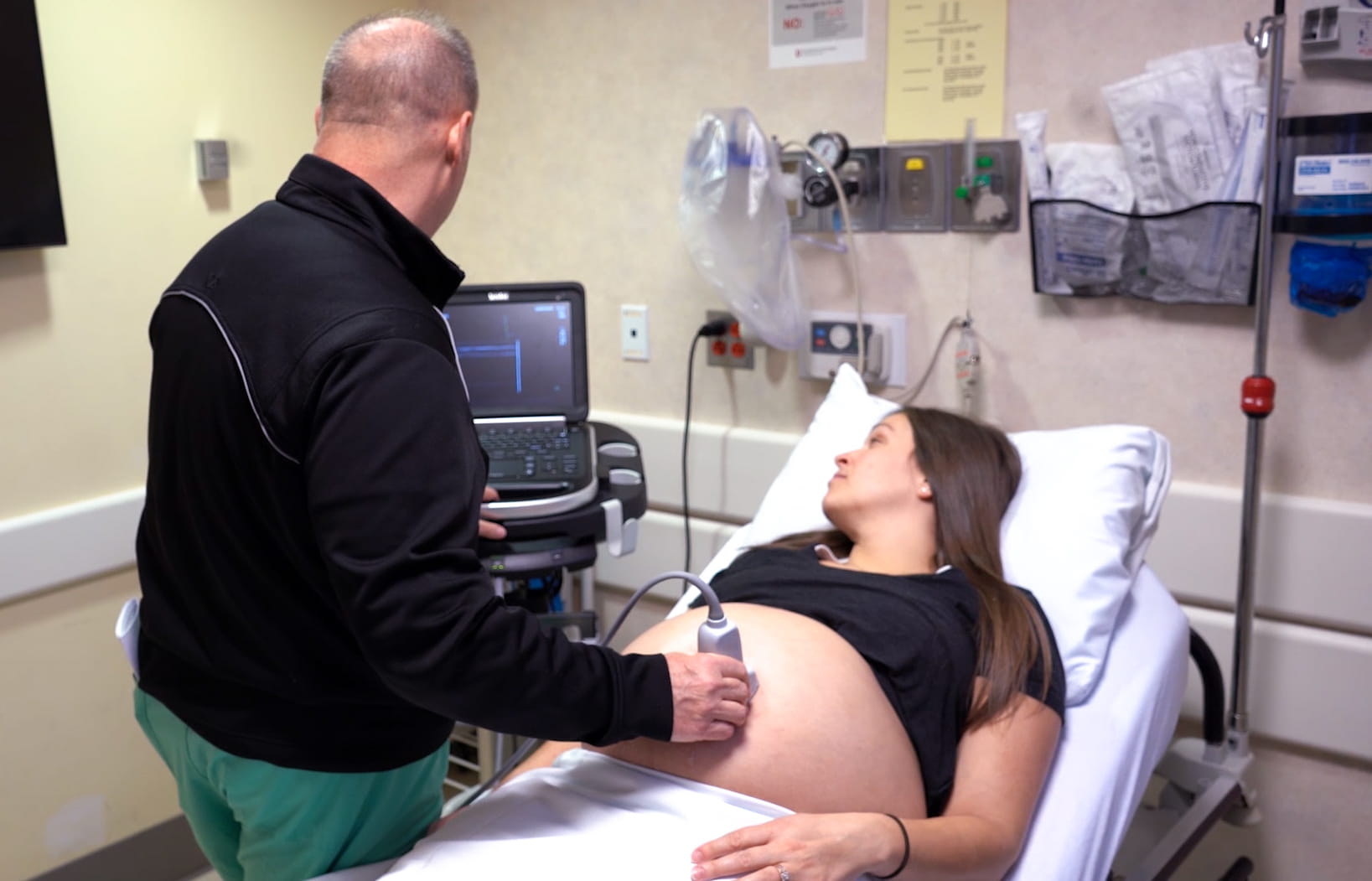May 7, 2020
COLUMBUS, Ohio – There are a lot of health concerns that come with pregnancy, and the COVID-19 pandemic has created additional fears about risks for both mom and baby.
A new national survey conducted by The Ohio State University Wexner Medical Center confirms these fears, finding that nearly 80% of respondents would be concerned about themselves or an expectant mother in their life in the midst of the current COVID-19 outbreak, with almost half expressing fear of going to a scheduled prenatal appointment. Among the more than 2,000 respondents, 51% would be concerned about sending their child to daycare or a babysitter and over 45% would be concerned about visiting public places while pregnant and after their baby is born.
 Parents today have an endless amount of information at their fingertips. It can be hard for families to know which sources to trust and which to ignore.
Parents today have an endless amount of information at their fingertips. It can be hard for families to know which sources to trust and which to ignore.
“We always encourage pregnant women to trust websites that are reliable and that are supported by medical professionals as being accurate and informative,” said Dr. Jonathan Schaffir, OB/GYN at The Ohio State Wexner Medical Center.
While concerns about COVID-19 are valid and precautions should be taken, it’s also important to manage these fears and ensure proper care. Medical offices are taking many extra steps for the safety of their patients and staff, such as wearing masks, face shields and gloves and wiping down surfaces between patients.
“We’ve also taken a close look at limiting appointments and determining the minimum number of visits and tests that women need in pregnancy to ensure they and their baby are healthy and well cared for,” Dr. Schaffir said. “So it's important for women to know that when we say you need to come in to the office or the hospital, that really is the case.”
Schaffir and many other OB/GYNs offer telehealth appointments for visits that don’t require any testing or procedures, and this area of medicine is expected to expand even after the threat of COVID-19 subsides.
While some pregnant women may be concerned about their babies born at this particular time, it’s important to remember that, according to the Centers for Disease Control, COVID-19 is transmitted through droplets in the air and not through the bloodstream. Because of this, babies can’t be infected through the placenta.
“Women can rest assured that their babies aren’t going to contract the virus while they’re inside their wombs,” Dr. Schaffir said. “However, it’s important for pregnant women to continue practicing social distancing, frequent hand washing and avoiding touching their faces.”
###
Media Contact: Alexis Shaw, Wexner Medical Center Public Affairs and Media Relations, 614-293-3737, Alexis.Shaw2@osumc.edu

